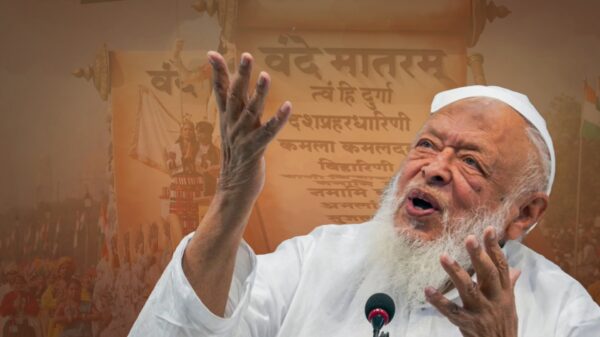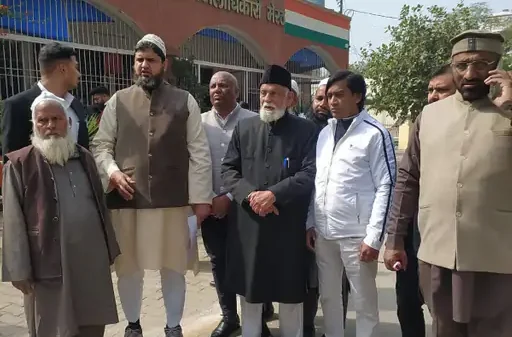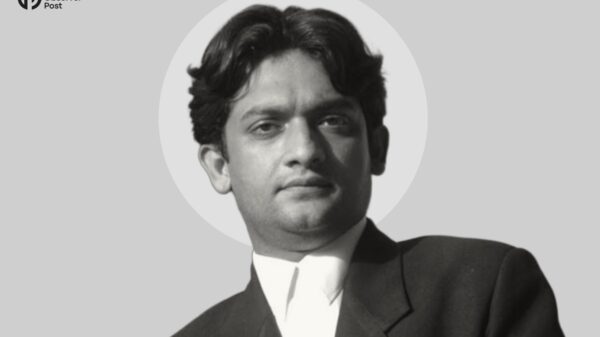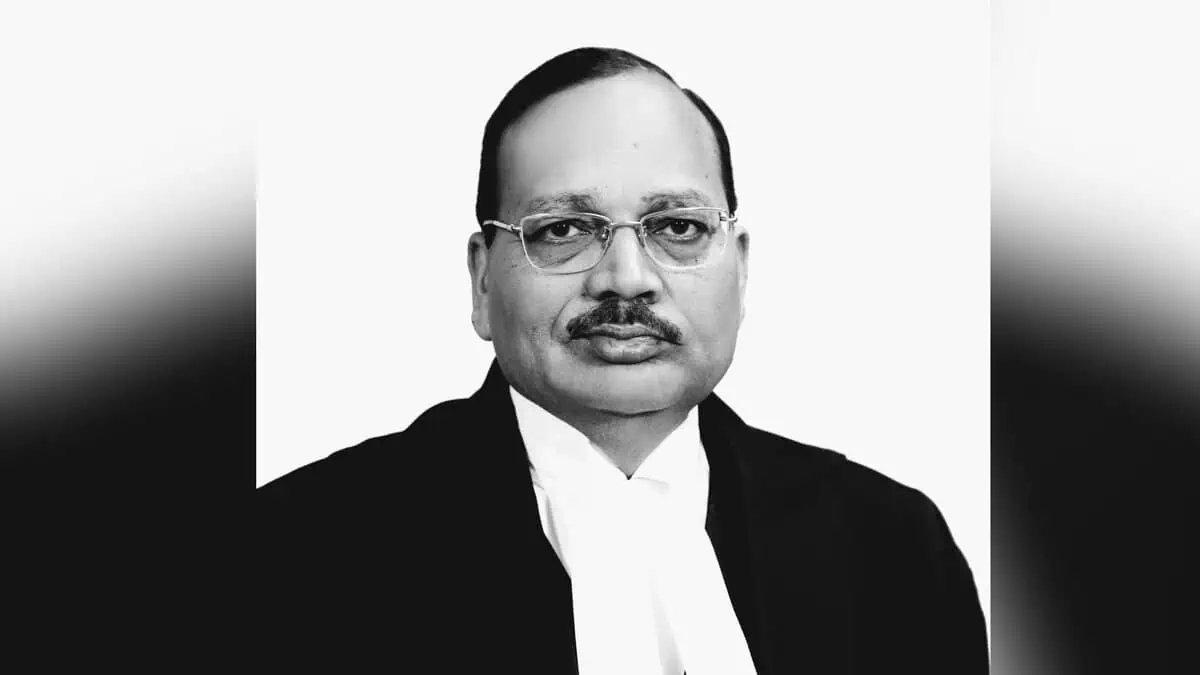Justice Surya Kant has been appointed as the 53rd Chief Justice of India (CJI) and will take charge on November 24, succeeding Justice Bhushan R. Gavai, who retires a day earlier.
The Department of Justice in the Union Law Ministry issued the formal notification on Thursday. Law Minister Arjun Ram Meghwal shared the announcement on X, saying, “In exercise of the powers conferred by the Constitution of India, the President is pleased to appoint Shri Justice Surya Kant, Judge of the Supreme Court of India, as the Chief Justice of India with effect from 24th November, 2025.” He also congratulated Justice Kant and wished him success in his new role.
Justice Surya Kant will serve as CJI for nearly 15 months, until February 9, 2027, when he turns 65.
Born on February 10, 1962, in Hissar district of Haryana, Justice Kant comes from a middle-class background. He was elevated to the Supreme Court on May 24, 2019, after serving as Chief Justice of the Himachal Pradesh High Court. Over his long judicial career, he has delivered several landmark judgments touching on issues such as democracy, free speech, gender equality, corruption, and environmental protection.
Justice Kant was part of the historic bench that put the colonial-era sedition law on hold, directing that no new cases be registered under it until a government review was completed. He also pushed the Election Commission to disclose details of over 65 lakh excluded voters in Bihar.
In another notable order, Justice Kant directed that one-third of seats in Bar associations, including the Supreme Court Bar Association, be reserved for women.
He was also part of the bench that appointed a committee headed by former Supreme Court judge Justice Indu Malhotra to investigate the security lapse during Prime Minister Narendra Modi’s 2022 visit to Punjab.
Justice Kant upheld the One Rank One Pension (OROP) scheme for the armed forces, calling it constitutionally valid, and has been actively hearing petitions from women officers seeking equal opportunities in permanent commissions.
He was also a member of the seven-judge bench that overturned the 1967 Aligarh Muslim University judgment, paving the way for reconsidering the university’s minority status.
Justice Kant played a significant role in the Pegasus spyware case as well, where the bench ruled that the state could not claim “national security” as a blanket shield to avoid judicial scrutiny.
































































